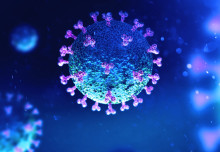

COVID-19 ANSWERS
COVID-19 immune system puzzles to be tackled by scientists
Imperial scientists are members of a £8.4m project to solve key questions on how our immune system interacts with COVID-19



COVID-19 immune system puzzles to be tackled by scientists
Imperial scientists are members of a £8.4m project to solve key questions on how our immune system interacts with COVID-19


Long delays for diagnosis of ulcerative colitis and Crohn's disease
A new study has found one in ten people with inflammatory bowel disease visited their doctor with symptoms five years before receiving a diagnosis.


Number of children attending A&E and urgent appointments risen over last decade
The number of children, especially babies, attending Accident and Emergency and urgent hospital appointments has risen significantly over last decade.
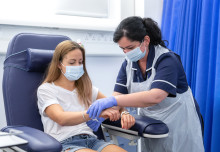

Imperial COVID-19 vaccine trial expands to additional sites
Imperial College London's COVID-19 vaccine trial is expanding to additional sites throughout England.


Children at risk from falling UK vaccination rates, warn doctors
Children risk becoming ‘unseen victims of the COVID-19 pandemic’, with evidence suggesting they may be missing routine vaccinations, warn researchers.


Urine test reveals quality of your diet – and whether it’s best for your body
Scientists have completed large-scale tests on a new type of five-minute urine test that measures the health of a person’s diet.
 2
2
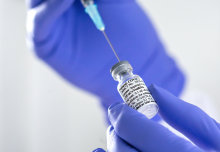

Imperial to begin first human trials of new COVID-19 vaccine
Clinical researchers are this week set to begin human trials of a new coronavirus vaccine developed by researchers at Imperial College London.
 3
3
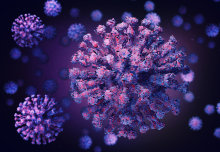

Lockdown and school closures in Europe may have prevented 3.1m deaths
Large-scale lockdowns and other non-pharmaceutical interventions in Europe have been successful in reducing the transmission levels of SARS-CoV-2.


Cholesterol levels dropping in Western nations – but rising in Asia
Cholesterol levels are declining sharply in Western nations, but rising in low- and middle-income nations – particularly in Asia.
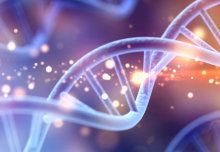

Genetic database provides rare disease clues and Parkinson’s hope
Scientists have created the world’s largest publicly available database of genetic variants – changes in DNA that can sometimes lead to disease.